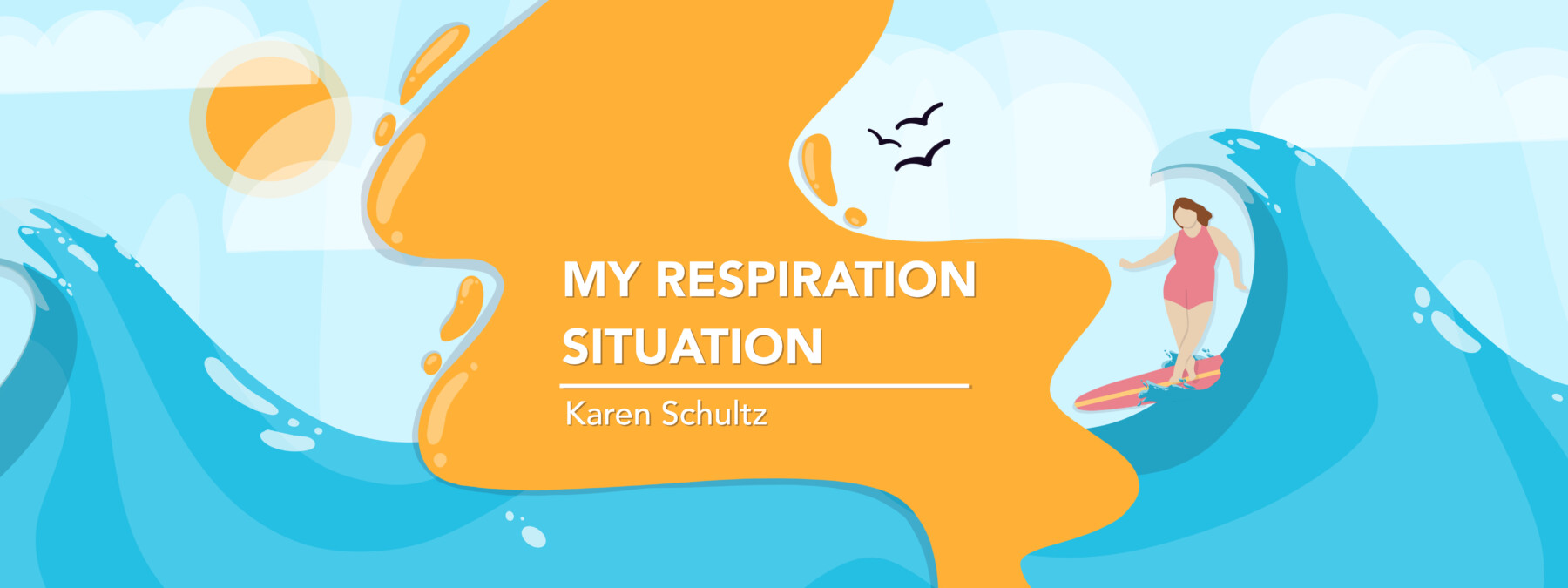Living with PAH often means learning to accept help from others
With a few tasks off our hands, we had time to find comfort in family and more
Written by |

My husband, Tim, and I have always practiced the art of giving help. We both feel loved when others allow us to assist. Whether we’re washing dishes after a meal, caring for children, or painting, we like to feel needed.
When Tim was diagnosed with pulmonary arterial hypertension (PAH), we were in a busy phase. Both of us were working full time, juggling three young children, and struggling to keep our heads above water.
We were fortunate to have friends and family who stepped in and handled the children, made sure we were fed, and maintained our house while Tim was in the hospital. During this time, I relied on structure and routine, such as grocery shopping on certain days and working ahead of time to fix meals for the family and keep the home running.
This crisis forced us to learn to live with turmoil we couldn’t control and, most importantly, to accept help.
Why accepting assistance is beneficial
When we were young and able, we typically accomplished day-to-day tasks by teaming up and tackling whatever came up. Once Tim wasn’t able to perform many tasks, however, I learned to cut the grass, take garbage to the landfill, grill, and many other jobs that I hadn’t been responsible for over the years.
I also learned to ask for help. Just because I could do everything didn’t mean I should continue to suffer in silence. During this time, in fact, my mental well-being was improved when our family was together. Letting someone else maintain our yard while we spent time with one another yielded mental snapshots I would’ve shared with my children had Tim not survived.
At first, however, I refused any help that I didn’t deem essential. In some situations, however, it was essential.
One day, for instance, my daughter Taylor’s third-grade teacher met me as I was rushing Taylor into school. She offered to assist Taylor with her homework after school or during free time to keep her from falling behind. She was aware of Tim’s diagnosis and the weight of what we were experiencing, and she wanted to help.
So I swallowed my pride, accepted her help, and my burden was lifted.
We saw multiple examples of kind people, often in our peripheral circle, who knew we were experiencing something awful and wanted to do something to ease our burden, even if just a bit.
What I learned by accepting help from others is that most people find joy in responding when they’re needed. By allowing others to offer help, it gave them a way to show us love and support. By not accepting that help, we overtaxed ourselves and stretched ourselves so thin that we weren’t at our best for each other, our children, or healing.
When our lives returned to some semblance of a new normal, Tim and I both reflected on that crisis period and remember with fondness the kindness of so many people who helped us endure.
My advice to those who know someone experiencing a crisis has been and is to do something. Mow a neighbor’s grass, take a meal to someone struggling, or otherwise look out for a way to help and just do it. There are times we all can do for others and times we all will depend on others. Those in need may not immediately feel the impact of help, but those who act will experience an internal effect just as they assist.
To this day, I remember each act of kindness we received, and it motivates me to act for others.
Note: Pulmonary Hypertension News is strictly a news and information website about the disease. It does not provide medical advice, diagnosis, or treatment. This content is not intended to be a substitute for professional medical advice, diagnosis, or treatment. Always seek the advice of your physician or other qualified health provider with any questions you may have regarding a medical condition. Never disregard professional medical advice or delay in seeking it because of something you have read on this website. The opinions expressed in this column are not those of Pulmonary Hypertension News or its parent company, Bionews, and are intended to spark discussion about issues pertaining to pulmonary hypertension.





Leave a comment
Fill in the required fields to post. Your email address will not be published.